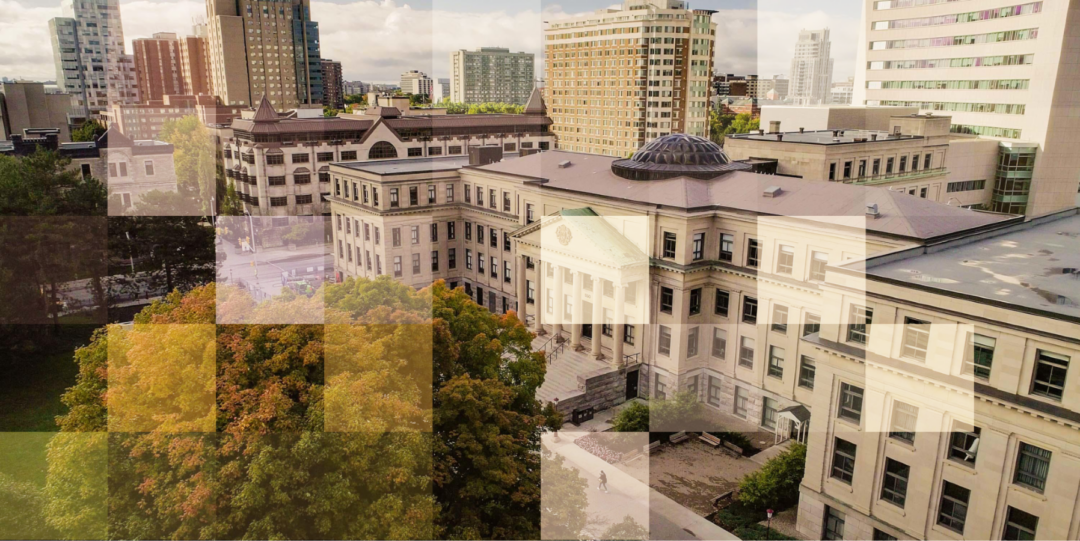Original post on May 12, 2023
One of my vivid memories from a long career in public service was when I met Quebec’s then-premier, Robert Bourassa, in a hotel elevator in Charlottetown in August, 1992. It was the morning that the political accord was finalized. A little later, prime minister Brian Mulroney dropped by the federal delegation room to thank the team. Both men were visibly tired, but glowing with the emotions that come from mindfully making history.
But just two months later, their accomplishment lay in ruins.
That was the closest Canada came to a major overhaul of its constitutional software, a decade after the turbulent patriation of 1981 and 1982. Thirty years later, however, our cast of politicians has changed and our memories appear to have faded. The passing of Queen Elizabeth II and the coronation of King Charles have led to stirrings of interest in some quarters for another attempt to rewrite the Constitution, this time to reconsider the role of the Crown.
It would be a really bad idea to give in and scratch this itch.
First of all, it would be distracting. Previous rounds of constitutional debate and negotiation consumed great swaths of the attention of political leaders and the people who advise, support and try to influence them. That attention would be better used to tackle more urgent claims on their focus: climate warming, reform of primary health care, Indigenous reconciliation, keeping Canada prosperous and competitive in a changing economy, responding to the rise of China, and more. Any attempt at constitutional change will invariably be resisted, and force proponents to spend precious political capital better used elsewhere.
The conversation would also be divisive. Let’s not have amnesia about how nasty constitutional politics has been. They have been a war of all against all, creating strange alliances across political parties and fractures within them: the rift between John Turner and Jean Chrétien; Pierre Trudeau, Mr. Chrétien, Clyde Wells and a young Stephen Harper opposing the Meech Lake accord, which was supported by Brian Mulroney, Mr. Turner, Ed Broadbent, Bob Rae, Mike Harcourt and Robert Bourassa; all 10 premiers and the national Indigenous organizations supporting the Charlottetown accord, which was opposed by Mr. Trudeau, Preston Manning and Jacques Parizeau. When we are already worried about polarization, populism and disinformation, do we really want to add fuel to the fire? Somewhere out there are political leaders who will see great personal benefit in opposing any constitutional change that comes forward.
It is far easier to call for reform than it is to craft an alternative. Once you open up Pandora’s box, though, there will be widely divergent views on what the next thing should be, and no easy way to bring them together. This has been a fundamental obstacle to changing the Senate, the electoral system or the Indian Act. The same would apply to the Crown.
Proponents of focused constitutional change might also imagine amendments can be crafted and ratified on just that one issue. In the real world of politics, however, bargaining expands beyond the original issue and rolls up new ones. Mr. Bourassa wouldn’t move forward with the Victoria Charter in the 1970s, nor with amendments related to Indigenous self-government in 1987, until Quebec’s broader issues were addressed in those negotiations. A few years later, Western Canadian opponents of the Meech Lake accord similarly demanded attention to Senate reform and other issues. Amendments related to the Crown in the 2020s would incite the same log-rolling.
The amending formula is already daunting enough. Assuming that a consensus package of amendments related to the Crown could even be crafted politically, provincial elections can interrupt an agreement’s expeditious travel through the various legislatures. It was a change of government in New Brunswick that doomed Meech Lake, after all. And in the aftermath of the Charlottetown accord, several provinces passed legislation that requires a plebiscite be held first, meaning there are other locks to open first.
Which brings us to the inevitability of another national referendum being needed in the endgame of constitutional reforms in Canada, and the challenges of winning one. Referenda work better for the shrill opponents of imperfect compromise solutions than for their advocates. Electoral reform, for instance, was rejected in six provincial plebiscites. It should also be said that the federal Referendum Act of 1992 is completely out of date and unusable without an overhaul.
And does anyone think it is politically or legally feasible to amend the role and powers of the Crown without engaging Indigenous peoples? How would meaningful consent be secured? From whom? What is the bar? What other measures would Indigenous leaders demand in return for their support? These are extremely complicated questions.
Pierre Trudeau doggedly pursued patriation of the Constitution and the addition of a Charter of Rights and Freedoms in the 1970s and 80s because Quebec separatism was an immediate and existential threat at the time. Six days before the referendum in May, 1980, he spoke to a rally and promised a “no” vote would be a mandate for renewed federalism. Where is the “burning platform” in 2023? Surely it is not the Crown; if anything, it should be climate change.
For all these reasons we should say no, we aren’t going there. Our constitutional software is imperfect and a bit old-fashioned, but it will do. Let’s not go off in search of a solution to a problem that just isn’t worth the inevitable trouble.

